Luxury is relative. Although the word, dating back to the mid-17th century, was once all about great comfort and elegance, usually at enormous expense, luxury today is not an absolute goal. Dependent on one’s state of mind, where individual needs must be fulfilled, luxury can be intrinsic, external, even superfluous.
I recall boarding the school bus when I was 13-years-old, bursting with pride over wearing a purple Ralph Lauren polo-shirt, with that famous pony logo on the chest. Teenage luxury. At 22, as a recent university graduate working for a non-profit, I could not afford the luxury of wrapping paper at Christmas, so I opted for old newspapers with red yarn to bind presents for family and friends. A few years later, working in the Big Apple at a boutique marketing agency, finding a fabulous, albeit smallish, apartment near my Third Avenue office became a luxury, just like nailing a great table at the Four Seasons.
At age 30, I set off with my husband Jim to drive around the world to 116 countries on six continents – gaining a Guinness World Record. After three years on the road, I recognized the utopia I sought was not a place, but a mindset, much like my own attitude towards life’s luxuries. Clearly, having the time and means to travel the world was the ultimate luxury, but out there, we went without basics, like electricity, showers, food and proper roads, turning what we all take for granted every day into extreme luxuries.
After our momentous world circumnavigation, Jim and I uprooted from New York to Singapore. Ready for a new chapter, we wanted a Mandarin-speaking spot for Happy, who was four-and-a-half. In hindsight, relocating to the other side of the world for our daughter was a life-changing luxury. I dare say it’s paying off: both Happy and her Singapore-born sister Bee are both bilingual, a sure-to-be luxury in their lifetimes.
As a family, our luxuries revolve around education and experiences – London for West End shows, Beijing for dumplings and Mandarin, Vienna for the Philharmonic’s New Year’s Day performance, Niseko for powder skiing, even locally for season tickets to Singapore Dance Theatre – all learning adventures far outweighing my friend’s spending of $20k a week on bottle service in a posh private club. Living in this Me Generation (I’m guilty too – hello Instagram @iampaigeparker!), we all want luxury on our own terms, as we curate and assess our indulgences.
When I do splurge, I think about value and posterity. In 2013, I became a GIA gemologist (time for training was a luxury), and that knowledge equipped me to purchase finer, higher quality gemstones at competitive prices. My ROI on a few pieces has surpassed several of my investor husband’s commodity buys. When I purchase luxuries that will become my daughters’, the generational permanence means I feel doubly validated in my spending. Same with handbags. I steer towards Hermes, as the timeless brand offers generational longevity – my daughters will carry them one day (or perhaps sell them at Christie’s, LOL). A few years ago, when I paid a **** for tickets to the Grammy’s at a fundraiser, I rationalized it, since Happy attended with me (we saw Adele!), and the money I donated went to a cause, UN Women Singapore, I support as a board member, volunteer, and patron. Win, win all around.
Luxury’s evolution, and mine, means it is no longer only about excess and consumption. Displaying too much just feels vulgar. Instead, it’s become internal, whether time for wellness, family, passions, self-improvement. For some, sustainability and ethical sourcing is their highest luxury, while others value craftsmanship and purity. As cultural and societal norms progress, while untold more come into prosperity with staggering amounts of disposable income, luxury is ever-changing. Material wealth alone may not signify supremacy any longer. Personal self-fulfillment can be more meaningful than the projection of status from expensive brands or that $2 million Bugatti.
Since we find ourselves in a world where it’s no longer cool to display excessive richness, what is the ultimate, righteous, true pinnacle of luxury? When I ask friends if they want more time or more money, all opt for additional time – rare, invaluable, out of reach. No matter how much cash we have, there are only 24-hours in every day. Even with tech, we cannot fabricate it. The entirely esoteric, time: plentiful when trapped in the desert of Sudan for three weeks, allowing me to savor a pomegranate, seed by seed, yet nearly impossible to yield in my present life, where I am obsessed with doing, causing small, meaningful moments – luxuries – to be forgotten or never noticed.
If how we spend our time is as important, if not more important, than how we spend our money – that’s epic. “Luxury is freedom. Being able to do what I want when I want,” my husband Jim has reminded me oft times in our 19 years of marriage. This mindset led him to retire from a successful career on Wall Street at the crazy early age of 37. If he had stayed, he may well have become far richer, but he valued his freedom over money. When we have enough to walk away, that’s luxury.
“But you will only feel this way once you have plenty, right?” my younger daughter Bee asked over a dinner discussion.
“Smart girl! Although, it’s part mindset. When you understand you have enough to be fulfilled, that’s a luxury. I have friends who have multiple supercars, but they yearn for three more. They cannot find contentment for that burning desire to have more, the most, the best. It controls their psyche,” I explained.
Looking a bit overwhelmed, sweet Bee replied, “I just want you to read me a bedtime story. Okay?”
“Absolutely,” I answered, since I have all the time in the world for her.

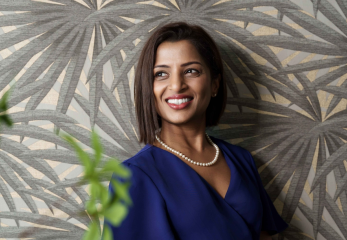

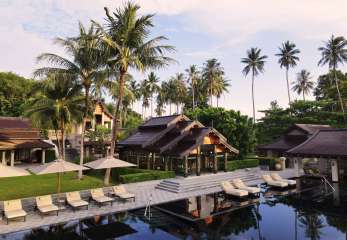
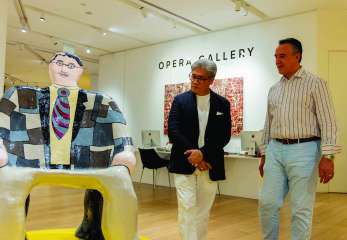
-ADiN.jpg&w=347&h=240&crop-to-fit)
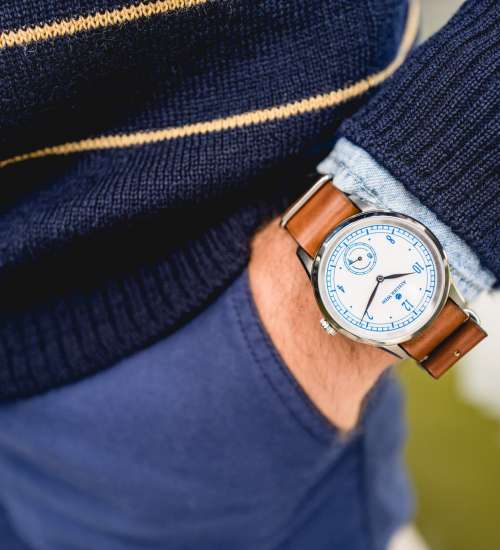
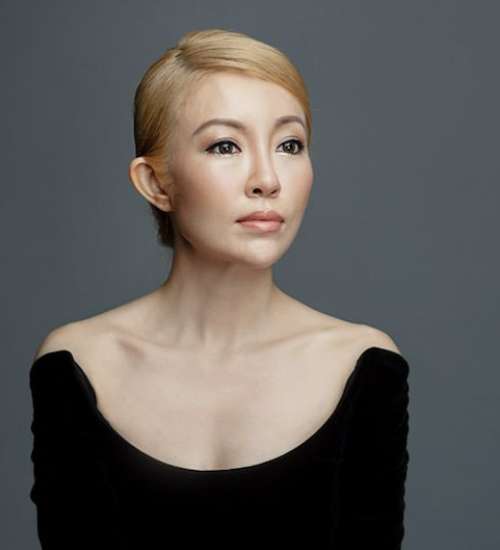
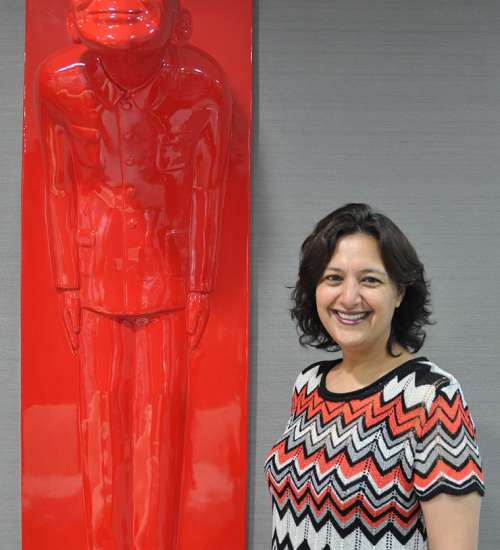
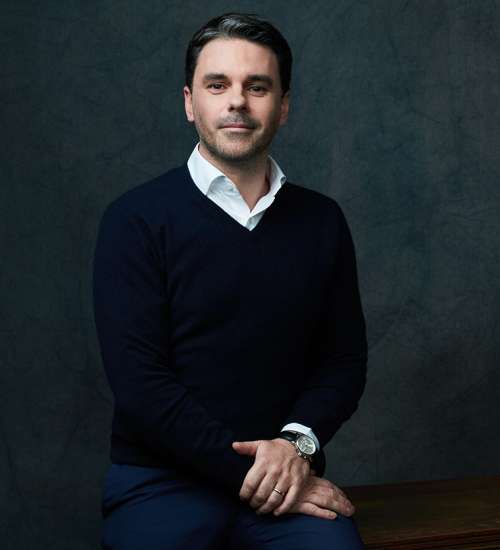
 Back
Back
